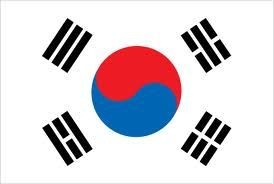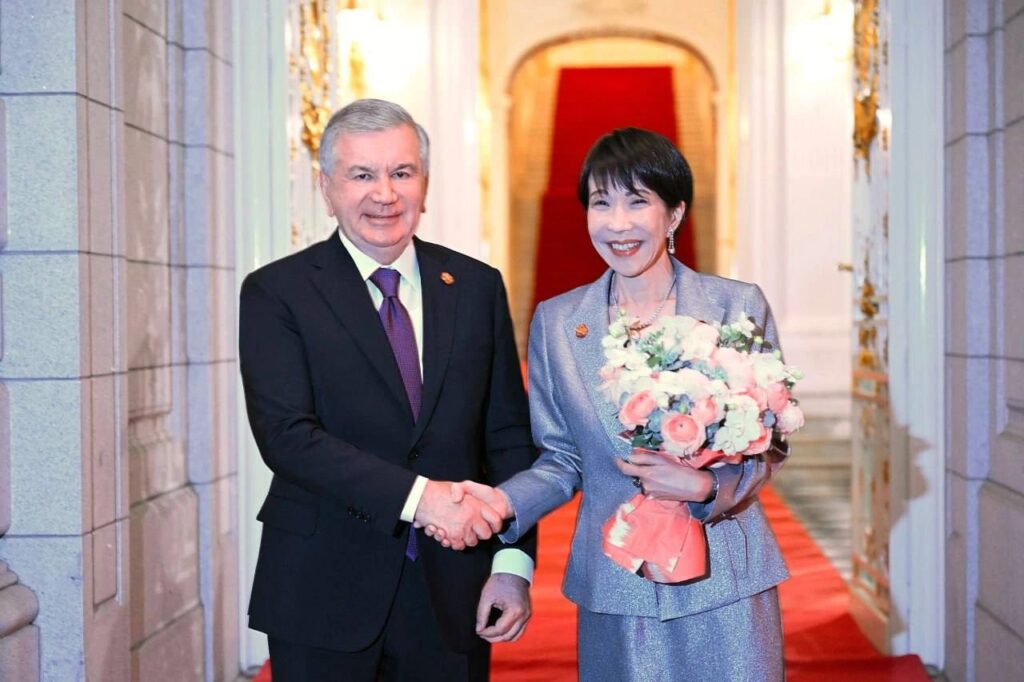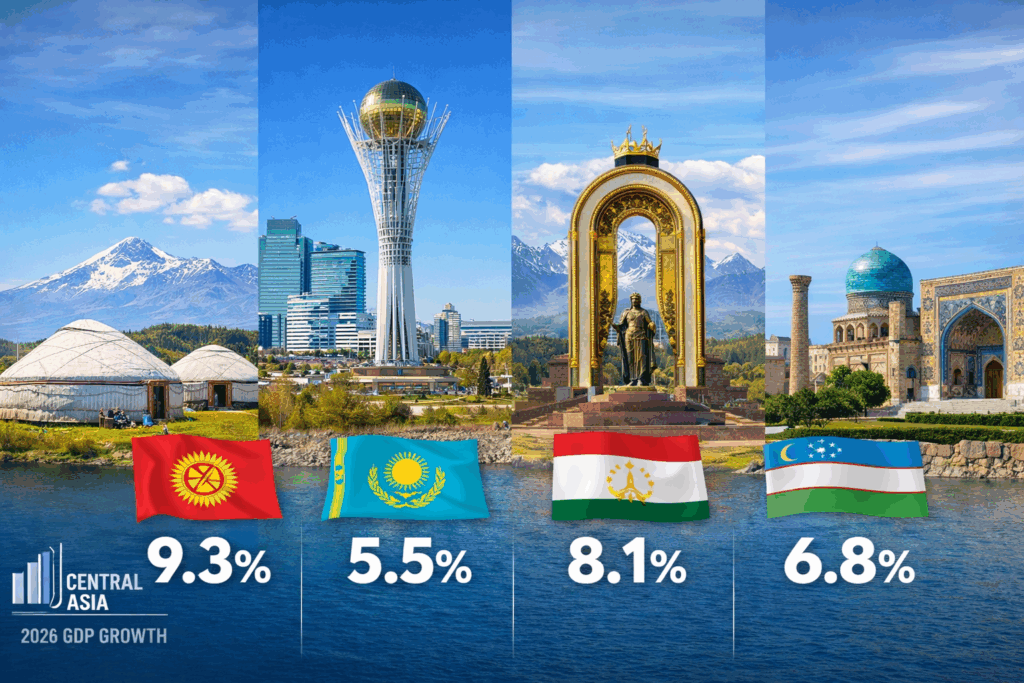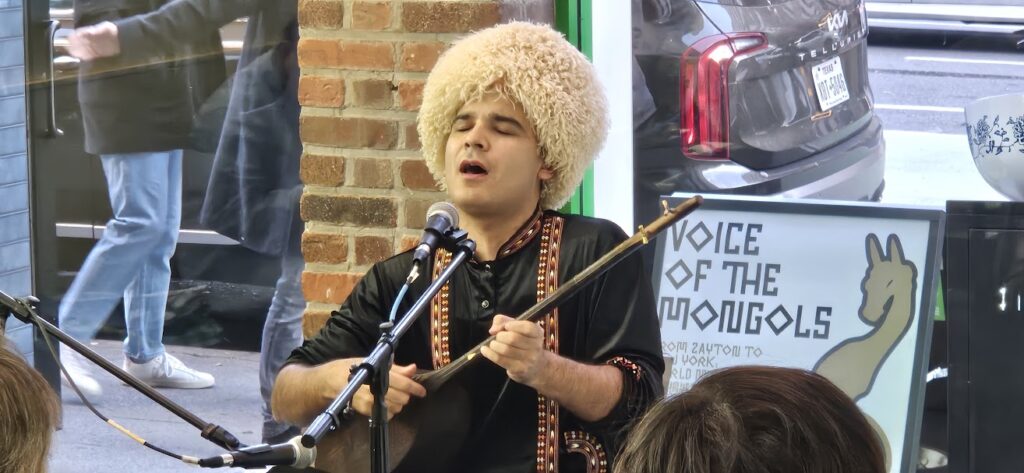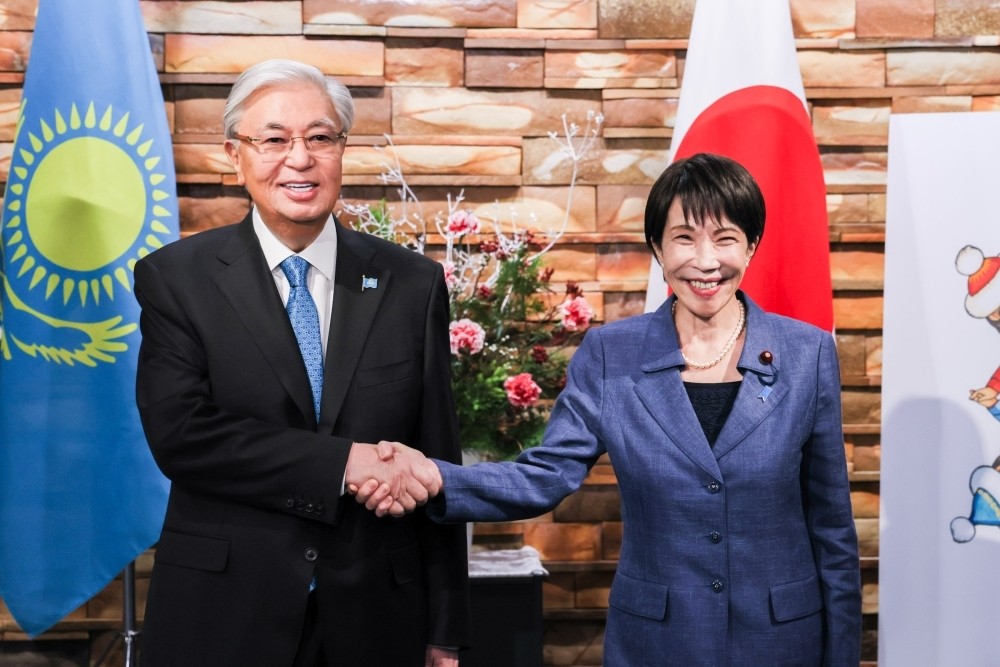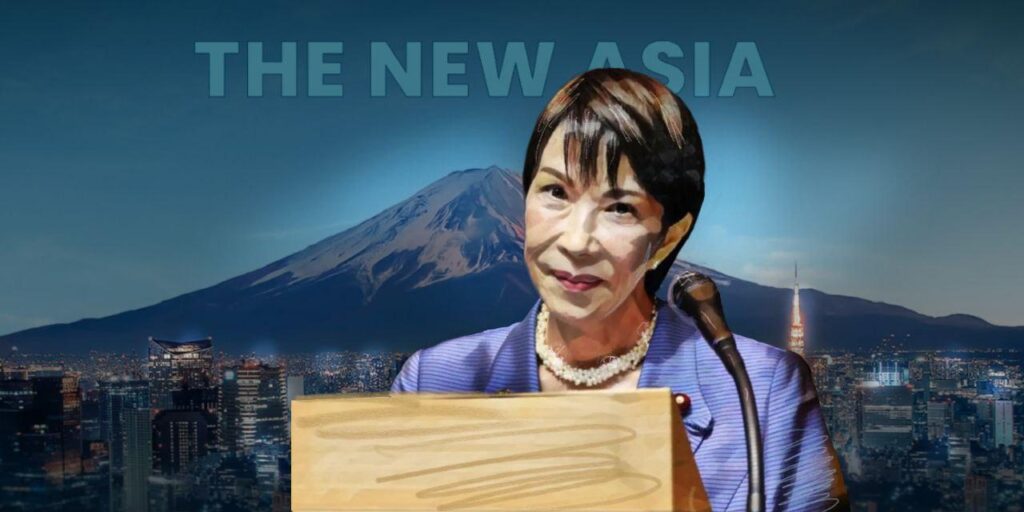BISHKEK (TCA) — As China has built strong economic ties and growing influence in Central Asia, another East Asian economic giant — South Korea — is taking steps to increase its economic presence and trade in the resource-rich region. We are republishing this article on the issue by Gary Sands*, originally published by EurasiaNet.org:
South Korean officials have established an agency to deepen the country’s trade ties with Central Asian states. The initiative signals South Korea’s intent on raising its economic profile in Central Asia.
Officially named the Korea-Central Asia Cooperation Forum Secretariat, the agency is an outgrowth of South Korea’s 2013 “Eurasia Initiative,” launched under former president Park Geun-hye. The secretariat is functioning under the auspices of the Korea Foundation, a state-controlled public diplomacy entity, and is headed by Kim Gwang-keun, who has served as the foundation’s executive vice president.
Representatives of the five Central Asian states – Kazakhstan, Kyrgyzstan, Tajikistan, Turkmenistan and Uzbekistan – are also attached to the secretariat, which was formally minted in July. They function as goodwill ambassadors, striving to raise awareness in the Korean business community about the investment potential of their respective countries.
The initiative seeks to capitalize on a strong cultural connection between South Korea and Central Asia. Roughly 100,000 ethnic Koreans living in the Soviet Union were forcibly relocated from Far Eastern border regions to Uzbekistan and Kazakhstan in the late 1930s. Today, upwards of 500,000 ethnic Koreans live in Central Asia.
Geography remains a major obstacle for South Korea’s economic ambitions in the region. There is no shared border, and Central Asia’s landlocked position precludes maritime trade. Indeed, Kazakhstan’s capital Astana sits 3,000 miles to the west of Seoul, with China sitting in between.
In 2016, Korean-Central Asian trade accounted for a mere 0.33 percent of Korea’s global exports, and just 0.06 percent of Korea’s total imports, according to International Monetary Fund data. Kazakhstan and Uzbekistan accounted for virtually all of Central Asian exports to South Korea, mostly in the form of raw materials.
With the largest population of ethnic Koreans (upwards of 200,000), Uzbekistan claims the top spot among importers of Korean goods among the five Central Asian nations, with imports totaling $1.28 billion in 2015. An estimated 408 Korean businesses are active in import-export or other services.
Korea’s “Eurasia Initiative” has led to warming trade relations with Tashkent in recent years. The Uzbek Foreign Ministry reported that by 2016, trade turnover totaled $1.7 billion.
Kazakhstan, with its sizeable ethnic Korean population (about 107,000), has approximately 200 Korean companies operating in the country.
Uzbekistan has been the biggest beneficiary of South Korean investment. In December 2013, South Korea agreed to invest in Uzbekistan’s first solar energy project, a $300-million joint venture based in Samarkand. The following year, Korean officials announced a $5 billion investment in the natural gas and chemicals sectors.
In February 2015, Hyundai Engineering won a $2 billion contract for the construction of the Kandym gas processing plant in Uzbekistan’s Bukhara region, and a year later Korean companies completed construction on the $4 billion Ustyurt gas chemical complex.
Korean investors are expected to benefit from Tashkent’s May 2016 decision to allow their participation in Uzbekistan’s multi-step privatization program. Korean companies reportedly are seeking to obtain shares of oil and gas company Sarbon-Neftegaz, Samarkand Winery, and several banks. While exact figures are hard to come by, South Korean companies have so far invested upwards of $12 billion in Uzbekistan.
Elsewhere in Central Asia, perhaps the most notable deal involving a South Korean entity was Pohang Iron & Steel’s reported $1 billion investment in Turkmenistan in 2015.
* Gary Sands is a Senior Analyst at Wikistrat, a crowdsourced consultancy, and a Director at Highway West Capital Advisors, a venture capital, project finance and political risk advisory
